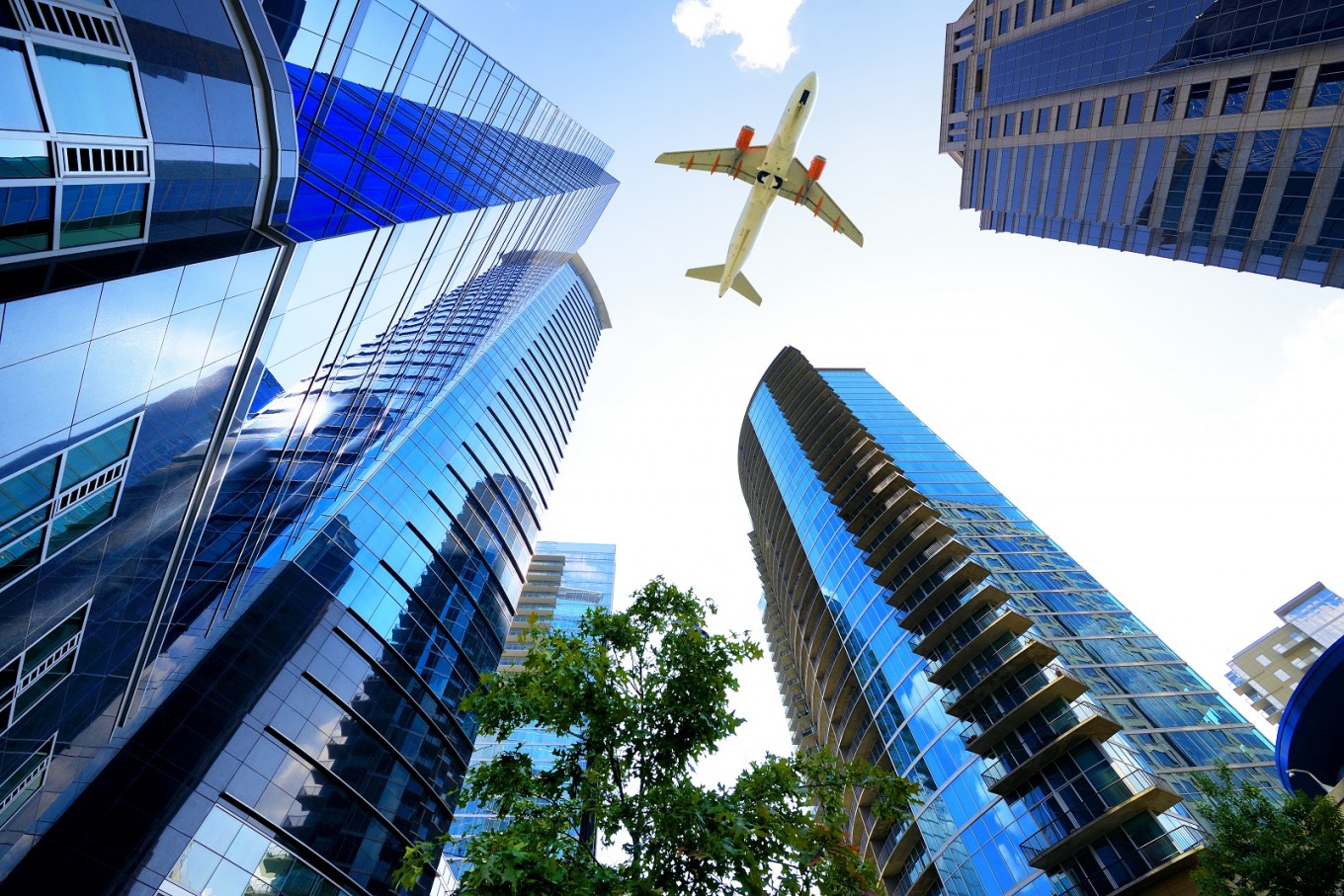Popular Reads
Top Results
Can't find what you're looking for?
View all search resultsPopular Reads
Top Results
Can't find what you're looking for?
View all search resultsAviation faces challenge to reduce pollution
Change text size
Gift Premium Articles
to Anyone
A
viation has boomed in the past decades, with low-cost airlines helping make travel affordable to more people, but the industry faces a major challenge to play its part in cutting emissions responsible for global warming.
How polluting is flying?
Aviation represents around two percent of emissions of global carbon dioxide (CO2), one of the main gases responsible for rising temperatures, according to the UN's International Civil Aviation Organization (ICAO).
That is roughly equivalent to the overall emissions of Germany, according to consulting firm Sia Partners.
A total of 4.3 billion people flew in 2018, a 6.1 percent increase over the previous year. Air traffic is expected to double within the next 15 to 20 years.
What about other transport?
Transport accounts for a quarter of the emission of climate-changing greenhouse gases in Europe, according to the European Environment Agency.
Road transport makes up the overwhelming majority of emissions in the sector at 70 percent of the total. Aviation and maritime transport account for most of the rest.
But on a measure of CO2 emitted each kilometer traveled by a passenger, air travel ranks top at 285 grams per passenger kilometer. Road transportation follows at 158 and rail travel at 14 grams per passenger kilometer, according to figures published by the European Environment Agency.
Read also: Ryanair is first airline to become a top-10 polluter in Europe
How easy is it to switch?
"For long-haul it's complicated," acknowledges Philippe Berland, a transportation expert at Sia-Partner.
"Air travel is also closely tied with the development of economic activity. It isn't clear there would be a shift to other means of transport because air travel also brings rapidity in travelling from point A to B," he said.
But for short distances a switch is more viable, so long as train travel is organised in an efficient manner, said Berland.
Where are we with emissions cuts?
The sector is implementing an emissions trading scheme that aims to stabilize the situation at 2019-2020 levels.
Called the Carbon Offsetting and Reduction Scheme for International Aviation and run by the ICAO, the at first voluntary scheme will have the industry buy pollution credits for emissions above the baseline from other sectors that have reduced their production of greenhouse gases.
How can pollution be reduced?
The ICAO has put the emphasis on improving the performance of aircraft.
Both Airbus and Boeing have in recent years rolled out new planes that offer double-digit gains in fuel savings from those they replace thanks to updated engines, use of lighter materials and aerodynamic modifications. These new planes are 80 percent more efficient than the first commercial airliners introduced in the 1960s, according to an ICAO expert.
The ICAO also believes gains can be made by better management of air traffic to reduce use of fuel and by developing sustainable biofuels.
Several airlines have begun testing biofuels. But their production costs remain high and their widespread adoption would increase competition for arable land.
In the longer term, the industry is looking towards technological developments such as electric engines.
While industry experts don't expect electric engines to be rolled out commercially for another two decades, a new generation of plane designs that offer more fuel savings is likely to appear within five or ten years.











